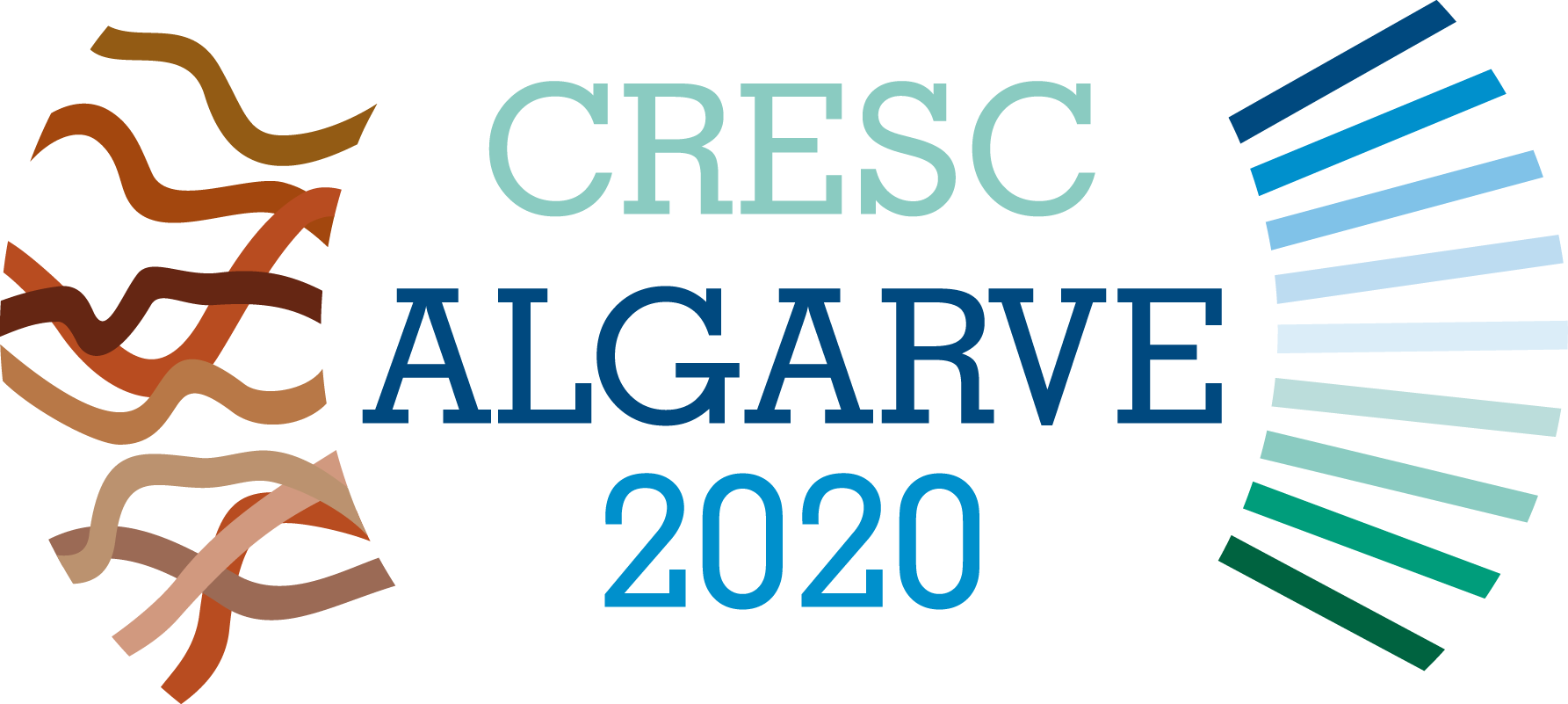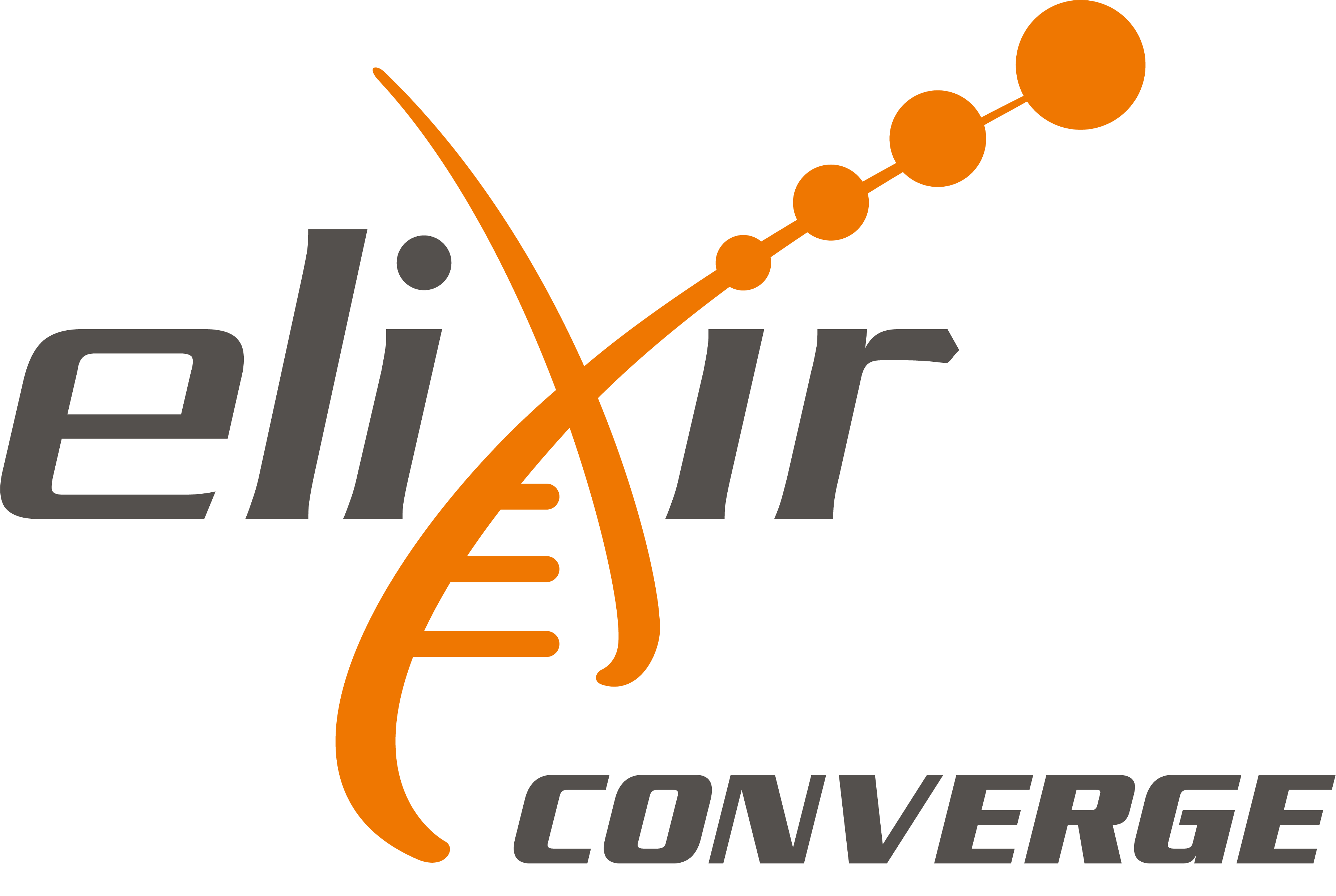Mass spectrometry based proteomic experiments generate ever larger datasets and, as a consequence, complex data interpretation challenges. In this course, the concepts and methods required to tackle these challenges will be introduced, covering peptide and protein identification, quantification, and differential analysis. Moreover, more advanced experimental designs and blocking will also be introduced. The core focus will be on shotgun proteomics data, and quantification using label-free precursor peptide (MS1) ion intensities. The course will rely exclusively on free and user-friendly software, all of which can be directly applied in your lab upon returning from the course. You will also learn how to submit data to PRIDE/ProteomeXchange, which is a common requirement for publication in the field, and how to browse and reprocess publicly available data from online repositories. The course will thus provide a solid basis for beginners, but will also bring new perspectives to those already familiar with standard data interpretation procedures in proteomics.





